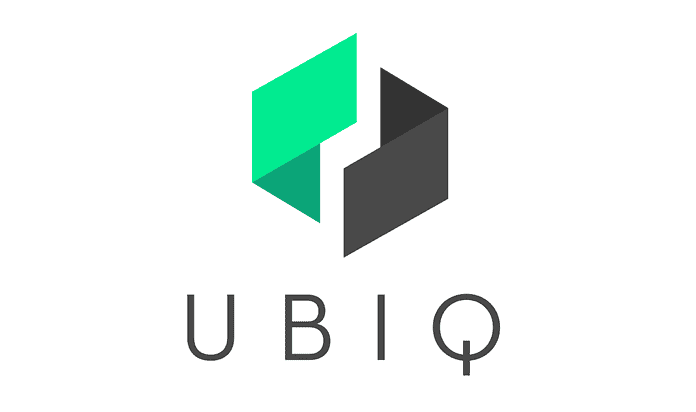Ubiq is a decentralized platform that enables the creation and implementation of smart contracts and decentralized applications (DApps). It is a fork of Ethereum, meaning it has branched off from the Ethereum blockchain to create its own network. Ubiq aims to provide stability and improved features while maintaining compatibility with Ethereum’s ecosystem.
This compatibility is crucial as it allows developers to use existing Ethereum tools and resources, ensuring a smoother transition for those looking to operate on the Ubiq platform. So, if you are into digital assets like cryptocurrency, you may also want to consider knowing about the COMPETITIVE ESPORTS.
Understanding Ethereum Compatibility
Ethereum compatibility refers to the ability of a blockchain network to seamlessly interact with Ethereum’s ecosystem, including its smart contracts, DApps, and tools. Ubiq achieves this by maintaining a codebase that is closely aligned with Ethereum’s, ensuring that updates and improvements made to Ethereum can be readily integrated into Ubiq.
This approach ensures that Ubiq benefits from the robust development activity occurring on Ethereum while also allowing Ubiq to implement its own unique features and improvements.
Ethereum vs. Bitcoin: Key Differences
Ethereum and Bitcoin are two of the most well-known cryptocurrencies, but they serve different purposes and operate on distinct principles. Bitcoin is primarily a digital currency, while Ethereum is a platform for building decentralized applications using smart contracts.
The key differences lie in their consensus mechanisms, block times, and scripting languages. Ethereum’s compatibility with smart contracts allows for more complex and programmable transactions compared to Bitcoin. Understanding these differences is crucial when discussing interoperability and compatibility between different blockchain networks.
Ubiq’s Integration with Ethereum
Ubiq’s integration with Ethereum is one of its defining features. By maintaining compatibility with Ethereum, Ubiq ensures that developers can use familiar tools and resources, such as Truffle and MetaMask, to build on its platform.
This integration also means that improvements and updates made to Ethereum can be easily adopted by Ubiq, ensuring that the platform remains up-to-date with the latest developments in the blockchain space.
Interoperability with the Bitcoin Network
While Ubiq is closely aligned with Ethereum, its interoperability with the Bitcoin network is a more complex issue. Bitcoin and Ethereum operate on different protocols, and achieving interoperability requires the use of specialized tools and platforms, such as blockchain bridges.
These bridges enable the transfer of assets and information between different blockchain networks, facilitating interoperability. However, the development and adoption of these tools are still in the early stages, and achieving seamless interoperability remains a challenge.
Use Cases and Applications
Ubiq stands out in the blockchain domain with its Ethereum compatibility, paving the way for diverse applications and use cases across various sectors. By providing a stable and distinctive platform, Ubiq empowers developers to innovate and build decentralized applications (DApps) that not only harness the robustness of Ubiq’s own network but also seamlessly interact with the extensive ecosystem of Ethereum.
This interoperability is particularly beneficial for sectors such as finance and supply chain management, where blockchain technology’s potential for enhancing transparency, security, and operational efficiency is immense. As a result, Ubiq emerges as a versatile and reliable choice for organizations and developers aiming to leverage blockchain technology to its fullest potential.
Future Prospects and Developments
The trajectory of Ubiq’s development is intricately linked with the broader advancements occurring within the blockchain industry. Given its extensive compatibility with Ethereum, Ubiq is poised to capitalize on the continuous enhancements and innovations emerging from Ethereum’s ecosystem.
The dedicated team behind Ubiq is not resting on their laurels; they are proactively engaging in the development of distinctive features and augmentations aimed at elevating the platform’s capabilities and user experience.
This dual focus on ensuring stability and maintaining compatibility uniquely situated Ubiq as a reliable and forward-thinking choice for developers and enterprises eager to harness the transformative power of blockchain technology.
Conclusion
Ubiq’s unique position as a stable, Ethereum-compatible platform offers a compelling option for those looking to develop and deploy smart contracts and decentralized applications. Its integration with Ethereum ensures access to a wide range of tools and resources, while its focus on stability and unique features provides a solid foundation for development.
For individuals interested in engaging with digital assets and cryptocurrencies, a valuable resource offering a seamless and user-friendly experience. As the blockchain space continues to evolve, Ubiq’s commitment to compatibility and innovation positions it as a noteworthy player in the decentralized ecosystem.








